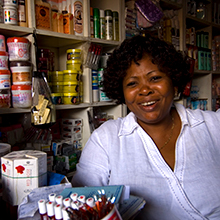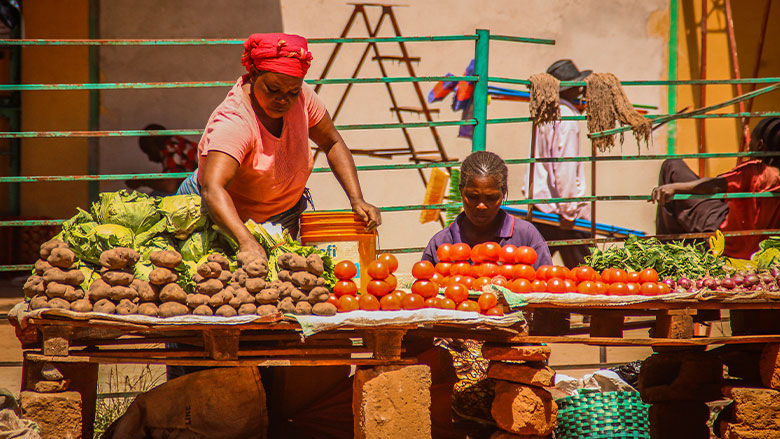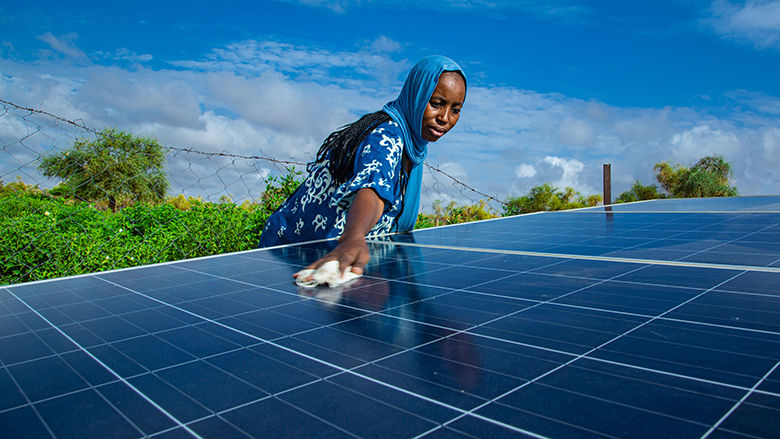Over the next decade, 1.2 billion young people will reach working age in developing countries. Without immediate action, millions of young men and women may be left without a clear path to employment.
Acting now, therefore, is critical to unlock private sector-driven economic growth that creates productive jobs, which will foster dignified livelihoods and enhance resilience to shocks that can push people back into poverty.
The challenge needs to be tackled on several fronts: Business-friendly policies and simpler regulations can fuel private sector growth. High-quality public infrastructure and access to electricity and digital technologies can make it easier for people to access work. Education and skills development initiatives must be aligned with the competencies and knowledge in need. Also crucial is an enhanced effort to support firms, especially smaller ones, in accessing financing so they can grow and become more productive.
Increasing job opportunities is particularly critical for women. Teenage pregnancy, early marriage, domestic responsibilities, limited access to childcare services, inadequate transport infrastructure and security, unequal access to assets, and restrictive societal norms hinder girls’ access to higher education and restrict women’s participation in the labor force. As a result, women’s occupational choices are often limited, leading to disproportionate involvement in vulnerable employment, if they engage in paid work at all.
For youth, a big challenge lies in ensuring that job opportunities align with their rising educational levels. In many low-income economies, young people are staying in school longer, yet even with higher education, they often find themselves trapped in occupations that make little to no use of their skills.
Last Updated: Oct 10, 2025






